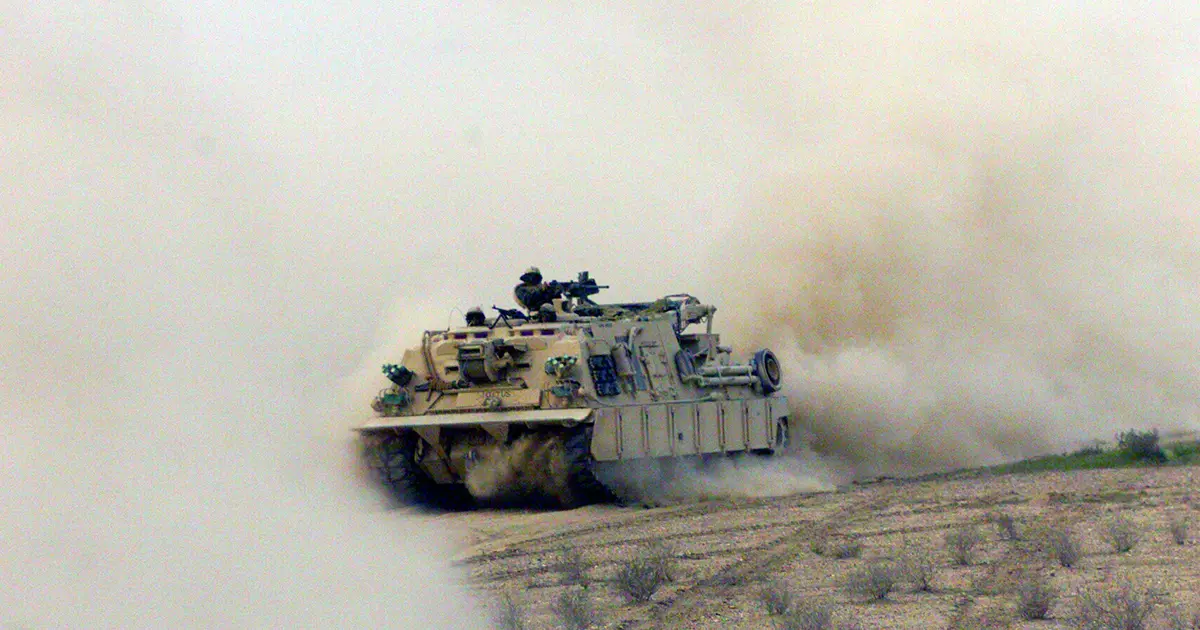Coming home from war isn't easy. If you or someone you love served in Iraq or Afghanistan, you know this firsthand. As veterans seek financial relief programs to support their recovery, understanding your options for Iraq War veteran compensation becomes crucial.
This is where Iraq War Fund compensation comes in.
The Iraq War Fund, officially known as the US Victims of State Sponsored Terrorism (USVSST) Fund, is a program dedicated to providing financial assistance to those affected by Iran's involvement in the Iraq War.
Despite the nation's gratitude for your sacrifices, the transition to civilian life can be an incredibly difficult process. While various military compensation funds exist, the USVSST Fund may provide compensation for veterans affected by state-sponsored terrorism.
Veterans often contend with physical injuries, emotional trauma, and financial instability, making the journey to recovery far from straightforward. While government programs and community efforts provide some support, gaps in coverage and lengthy delays can create additional hardships.
In this article, we'll explore the physical and emotional challenges faced by Iraq and Afghanistan War veterans, the origins and purpose of the Iraq War Fund, and how you can take steps to access this crucial financial support.

Physical Challenges Faced by Iraq and Afghanistan War Veterans
War leaves its mark in many ways. During Operation Iraqi Freedom alone, over 31,000 troops were wounded in action . Thanks to advances in battlefield medicine , more service members survived injuries than in previous conflicts. However, this means many veterans now live with long-term challenges that can affect daily life.
Some wounds are visible — like injuries from combat, burns, or lost limbs. Others, like traumatic brain injuries (TBIs), might not be visible but can be just as life-changing. These injuries often create ongoing challenges:
- Amputees need regular adjustments to their prosthetics and ongoing care
- Chronic pain requires consistent medication or alternative therapies
- TBIs can cause memory problems and make it hard to concentrate
- Burns and other injuries might require multiple surgeries and long-term care
- Many veterans face daily challenges that make it difficult to work or enjoy time with family
The financial burden of managing these injuries is often overwhelming. Even with VA benefits, you may find yourself paying out of pocket for the specialized care you need. When the VA system faces delays or coverage gaps, veterans often can't wait — you need treatment now. This can lead to mounting medical bills and financial stress at a time when healing should be the main focus.
Emotional Trauma: The Invisible Wounds of War
The weight of war isn't just physical. Many veterans carry emotional burdens that are just as real and just as deserving of care. Post-traumatic stress disorder (PTSD), depression, and anxiety are common challenges that can make daily life difficult. These invisible wounds can show up in many ways:
- Troubling memories that make it hard to sleep or feel at peace
- Feeling constantly on edge, even in safe situations
- Struggling to connect with loved ones who can't understand what you've been through
- Difficulty managing anger or other strong emotions
- Feelings of guilt or shame that lead to isolation
While there's nothing wrong with needing help, many veterans find it hard to ask for it. And the stigma around mental health can make reaching out feel impossible. Even when veterans do seek help, you often face long wait times for mental health care. A 2021 report showed that many veterans wait months for mental health appointments — delays that can make your struggles even harder to bear.
And sometimes as a veteran, the care you eventually receive doesn't fully address your needs. This can leave you feeling abandoned by the systems designed to support you. The combination of waiting for care and receiving insufficient treatment can lead to a cycle of suffering that affects every aspect of life.
The Iraq War Fund Lawsuit: How it Can Help Veterans
In response to the significant challenges faced by Iraq and Afghanistan War veterans, the Iraq War Fund was established to provide financial support for those directly affected by the war. To access this fund, veterans who served in the Iraq and Afghanistan wars must file a lawsuit, which allows them to seek compensation for medical expenses, mental health treatments, rehabilitation costs, and other expenses directly related to their injuries.
This lawsuit is not only a means of securing justice for the individuals involved, but it also aims to foster lasting change in how veterans are treated and supported in the long term. It underscores the nation's responsibility to care for its service members beyond active duty years, providing the much-needed recognition of your sacrifices.
If you are a US citizen, active or retired military member, or a family member of someone killed or injured in Iraq or Afghanistan between 2003 and 2011 in areas affected by Iranian influence, you may be eligible to file a claim under the fund. Find out if you qualify for financial relief today. James Rolshouse Law Firm PLLC is ready to fight for the compensation you deserve.